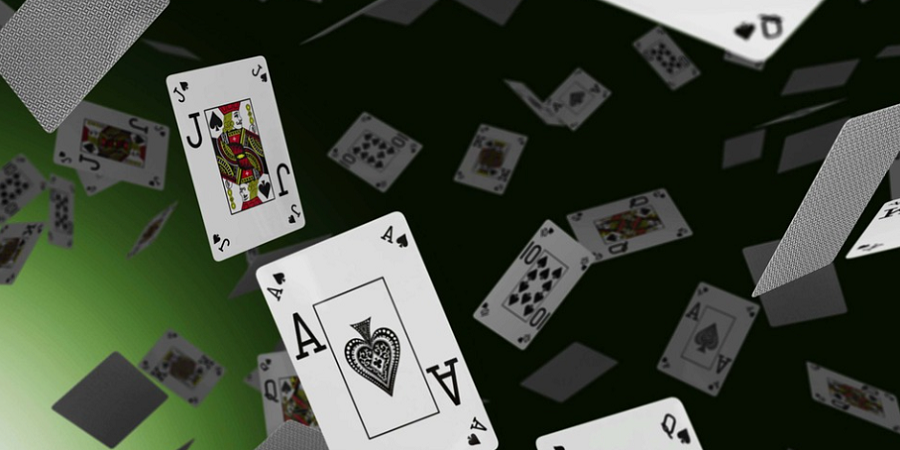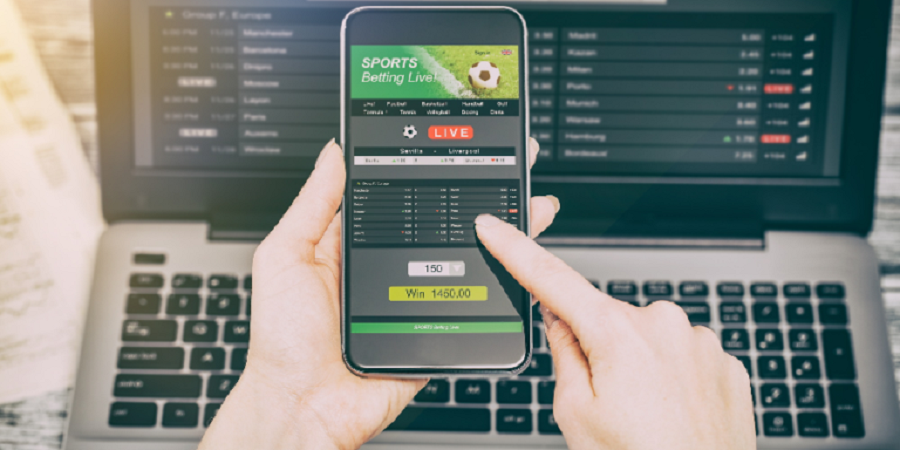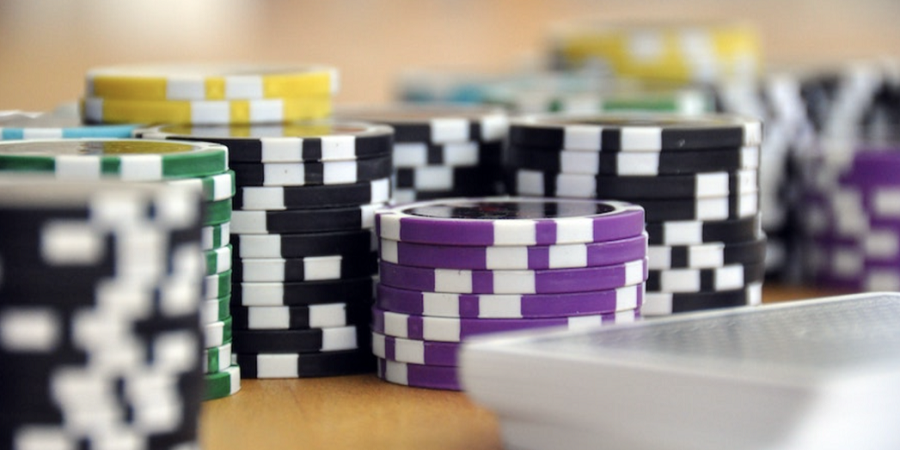Insurance and surrender are two controversial wagers in blackjack. You do not see the surrender option offered as much at live casinos, but insurance is ubiquitous both online and live.
Insurance is one of the more thorny subjects in the blackjack world. It’s also not exactly what you think. If you ever sit down at a low-limit blackjack table in your local casino, you will come across a newcomer inquiring about the rules of blackjack. Even after a quick and simple explanation of insurance from the dealer, the new player will often have one or more of the following questions:
Is insurance really a sucker bet?
Are there any circumstances to take insurance?
What’s the difference between insurance and surrender?
Should you ever surrender?
What is Surrender
Casinos have always tried different promotions to draw in new players and some casinos still offer the surrender option in blackjack. The late surrender occurs after the dealer checks to see if they have a blackjack. If you surrender, you take back half of your wager. For example, if you are betting $10 a hand, you take back $5 when you surrender. Over the short term, surrendering can save you a couple of bets.
When should you Surrender?
It does not matter how many decks (single or multi-deck) you are playing with, but if the dealer has an Ace showing, and you are dealt a 15, 16, or 17… you should considering surrendering. When the dealer has an Ace, but does not get blackjack, they will bust only 17% of the time (roughly one in seven) but they will make a 19 or greater 46% of the time.
Also, if the dealer has a 10 showing and you have a 16, you should consider surrendering in all spots – it doesn’t matter if you are playing single deck, double deck, or 4+ decks.
Surrender a Gutless Play or Wise Move?
Many gamblers would sneer at the notion of surrendering in blackjack instead of hitting. However, if the situation is optimal, there’s nothing wrong with cutting your losses. There are lots of game play options in blackjack, and a savvy player won’t be afraid to utilize them all when the time is right.
What is Insurance?
If a dealer’s up card is an Ace, then every player at the table has the opportunity to take insurance for half the amount of their original bet. For example, if you were betting $10 a hand, then insurance would be $5. If the dealer’s down card is an equivalent to a ten for Blackjack, then you win your insurance wager, which pays out 2-1 on your money (so $10 on a $5 insurance bet). If the dealer does not have blackjack, then you lose your insurance wager.
Sucker Bet?
Insurance is not an optimal wager. That’s a fancy way of saying what my grandfather taught me. Grandpa spent a lot of time playing blackjack and poker in casinos throughout Denmark. He said: “Insurance is a sucker bet!”
Insurance or Side Bet?
Insurance is not really insurance. It’s more of a side bet that favors the house. A lot of beginning players get confused with the rules of insurance. Many newcomers will take insurance when they have a 20 because they think buying insurance will protect their hand. Perhaps calling it “insurance” is part of the deception on the casino’s part. After all, it’s not insurance against YOUR HAND because it’s really a 2-1 side bet that the dealer has a 10.
Possible Outcomes
There are six possible outcomes when you buy insurance. You can only turn a profit on 3 possible outcomes, but can lose money on 2 possible outcomes.
For this example, we’re playing blackjack and betting $10 a hand and placing a $5 bet on insurance…
1. You and dealer both have blackjack: $10 profit. You win $10 for the insurance bet, but tie/push your blackjack bet.
2. You have blackjack, but the dealer does not: $10 profit. You win $15 on your original bet (blackjack pays 3/2), but lose the $5 insurance bet.
3. You don’t have blackjack, but the dealer does: $0 profit. You lose your $10 original blackjack bet, but win $10 on insurance.
4. No one gets blackjack, but you win the hand: $5 profit. You win $10 on your blackjack wager, but lose $5 on insurance.
5. No one gets blackjack, but the dealer wins the hand: $15 loss. You lose the hand for $10 and insurance bet for $5.
6. No one gets blackjack, but you and the dealer tie/push: $5 loss. You push the blackjack bet, but you lose $5 on insurance.
The most you can win is $10, but the most you can lose is $15.
Math and Odds
What are the exact odds on insurance? Well, the odds against the dealer having a blackjack when they are showing an Ace are 9 to 4. Those numbers represent the Ace thru nine versus all the tens (including face cards King, Queen, Jack). So that’s 16 tens in a standard 52-card deck.
Any Good Time for Insurance
Actually there are spots for super-advanced blackjack players that keep a keen and accurate estimate on the remaining cards in the shoe. If you can determine there are many tens left in the deck, then the insurance wager is something to be considered. If you are playing single deck or double deck, you have a better edge than buying insurance in a 6 or 8-deck shoe.
In the End…
There are important aspects to blackjack strategy including knowing when to double down. But, surrendering is a viable option in favorable circumstances. It’s not a sexy play per se, but it can save you money over the long run.
Don’t buy insurance in blackjack. As my grandpa mentioned in his pearls of wisdom, “Insurance is a sucker bet!” Don’t forget that the casino is offering you a side bet, not actually insurance. It’s a misnomer. You’re not protecting your hand, rather you’re betting on a dealer pulling a ten.










